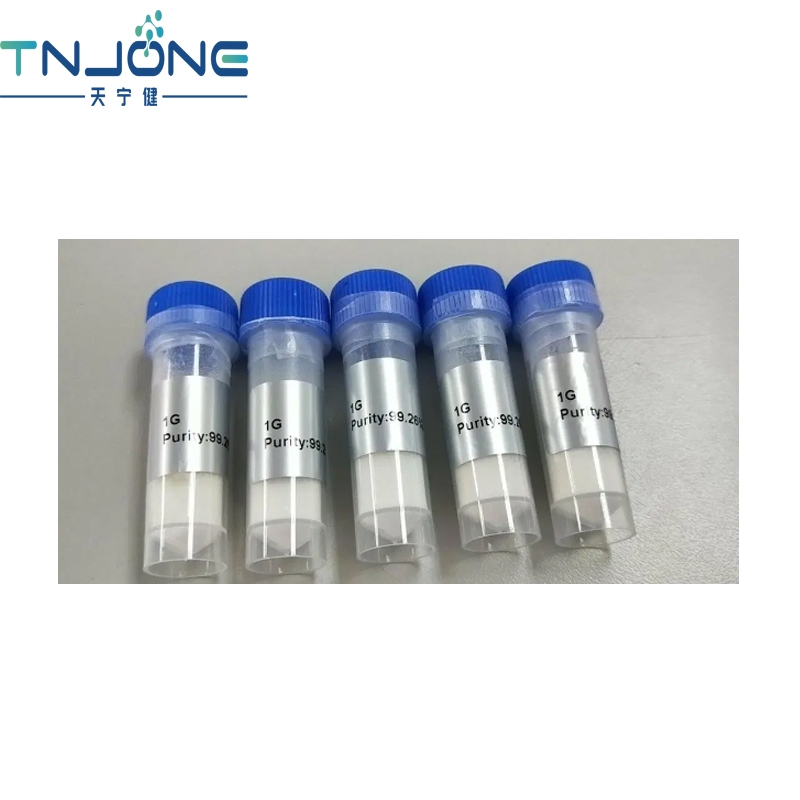-
Categories
-
Pharmaceutical Intermediates
-
Active Pharmaceutical Ingredients
-
Food Additives
- Industrial Coatings
- Agrochemicals
- Dyes and Pigments
- Surfactant
- Flavors and Fragrances
- Chemical Reagents
- Catalyst and Auxiliary
- Natural Products
- Inorganic Chemistry
-
Organic Chemistry
-
Biochemical Engineering
- Analytical Chemistry
-
Cosmetic Ingredient
- Water Treatment Chemical
-
Pharmaceutical Intermediates
Promotion
ECHEMI Mall
Wholesale
Weekly Price
Exhibition
News
-
Trade Service
6, 2020 // -- In a recent study published in the international journal The American Journal of Clinical Nutrition, scientists from the Agricultural Research Service of the U.S. Department of Agriculture and others found that high levels of carbohydrate intake may help regulate the expression of specific genes in the body, helping to reduce an individual's risk of obesity, high blood pressure, type 2 diabetes and other metabolic diseases.
: CC0 Public Domain May be good news for many people, but the bad news is that high fat intake may reduce this protective effect and can lead to a variety of health problems in people who regularly eat fatty foods.
researcher Chao-Qiang Lai points out that this is very exciting for nutrition research because it helps us understand the molecular mechanisms that balance nutrition affects the health of the body from the perspective of a very important single gene called CPT1A.
N't say that all carbohydrates can help prevent type 2 diabetes, or that avoiding fat protects the body from obesity, but that a balanced intake of carbohydrates and fats may be the best way to prevent metabolic diseases."
In this latest study, researchers found that a person's dietary habits may affect the activity levels of the CPT1A gene, eventually producing positive or negative health problems, high levels of carbohydrate intake or associated with lower levels of CPT1A gene expression, and high fat intake is directly related to the high level of expression of the gene, so how does eating food affect gene expression and ultimately affect the body's health? Using the CPT1A gene and this study as an example, the researchers found that it may have been involved in a special chemical label or modification that is located at the top of the gene that regulates the expression of the gene, known as epigenetic signaling, which can become stronger or weaker depending on the food the body eats, causing the body to express the gene at too much or too little level. In the
paper, researchers studied three populations in the United States and Europe to investigate the risk between the body's total carbohydrate, fat and energy intake and its metabolic diseases, and will continue to delve into how a balanced diet can help effectively prevent multiple diseases.
() Original source: Chao-Qiang Lai, Laurence D Parnell, Caren E Smith, et al. Carbohydrate and fat intake associated with risk of metabolic diseases via epigenetics of CPT1A, The American Journal of Clinical Nutrition (2020). DOI: 10.1093/ajcn/nqaa233.







